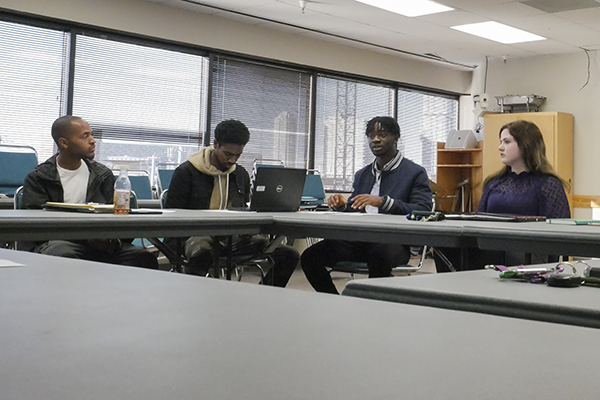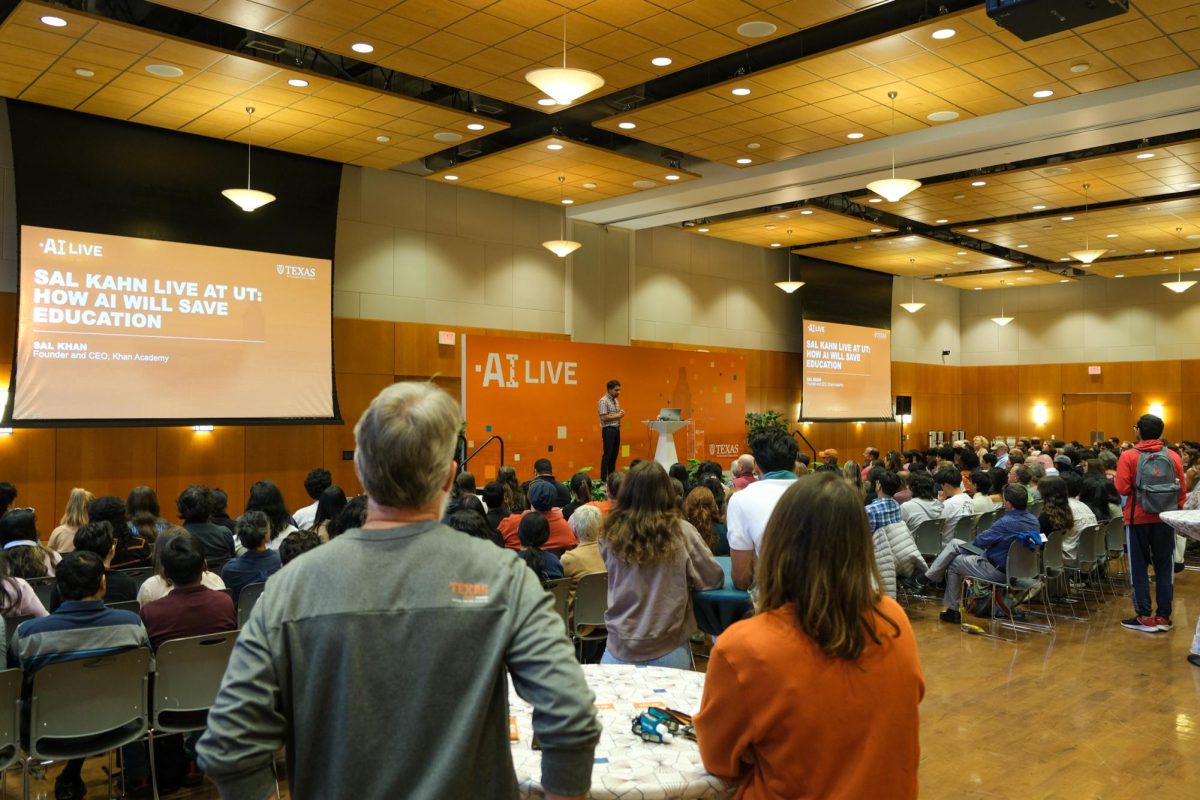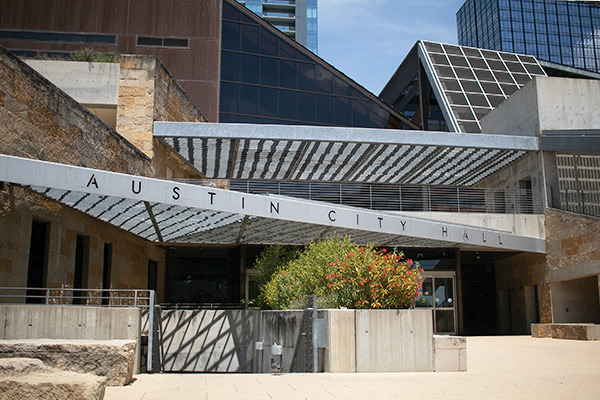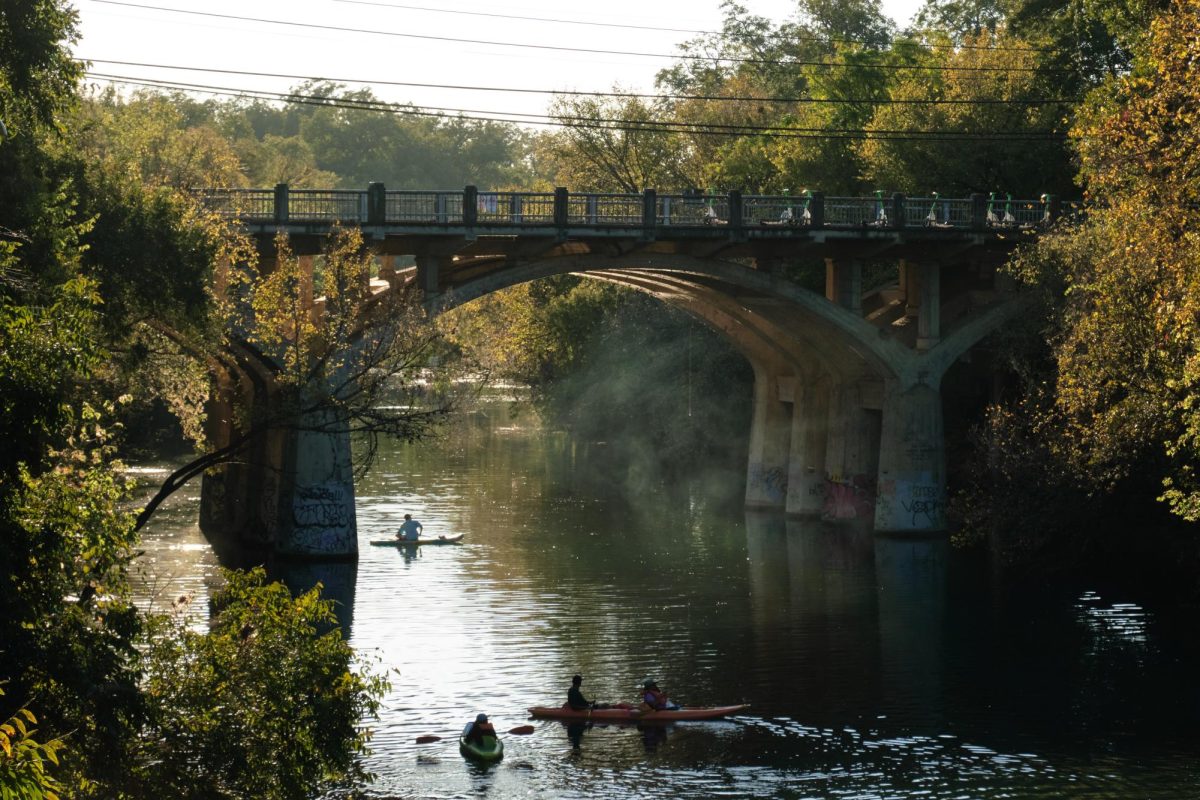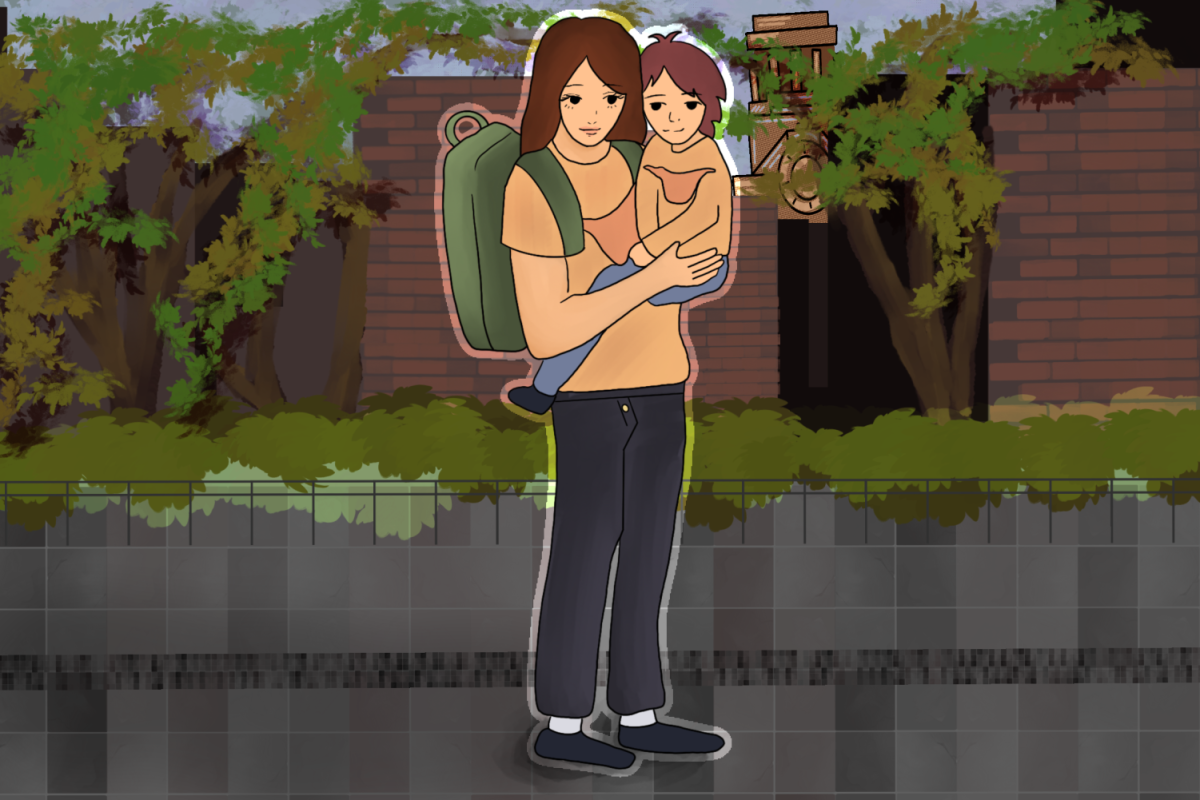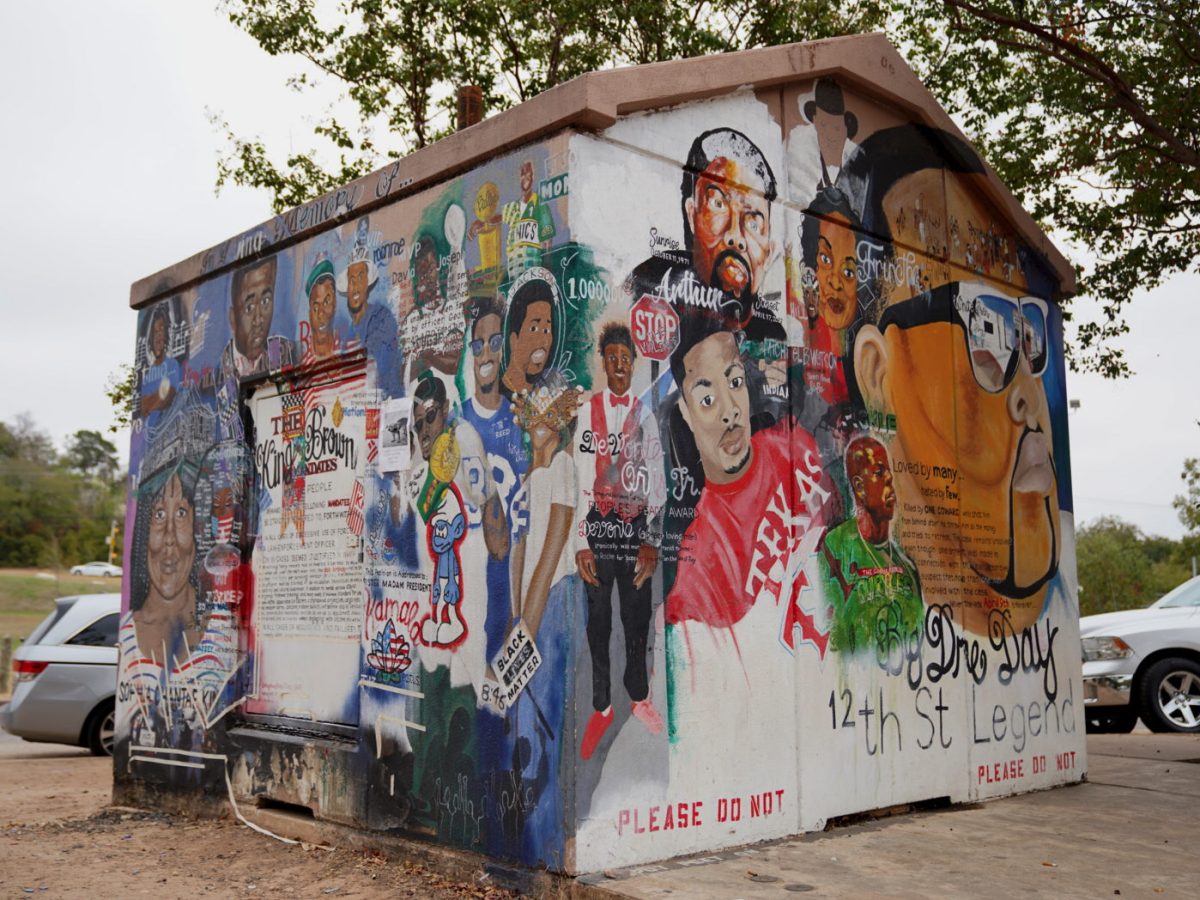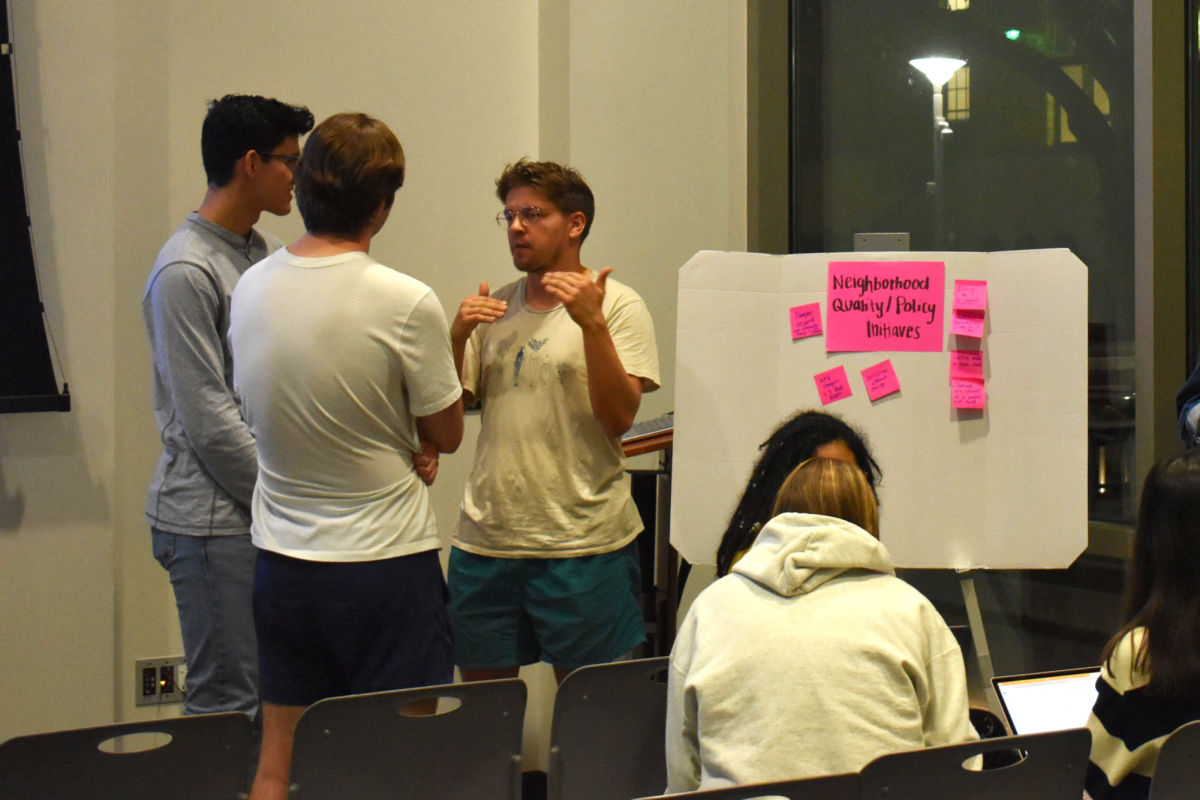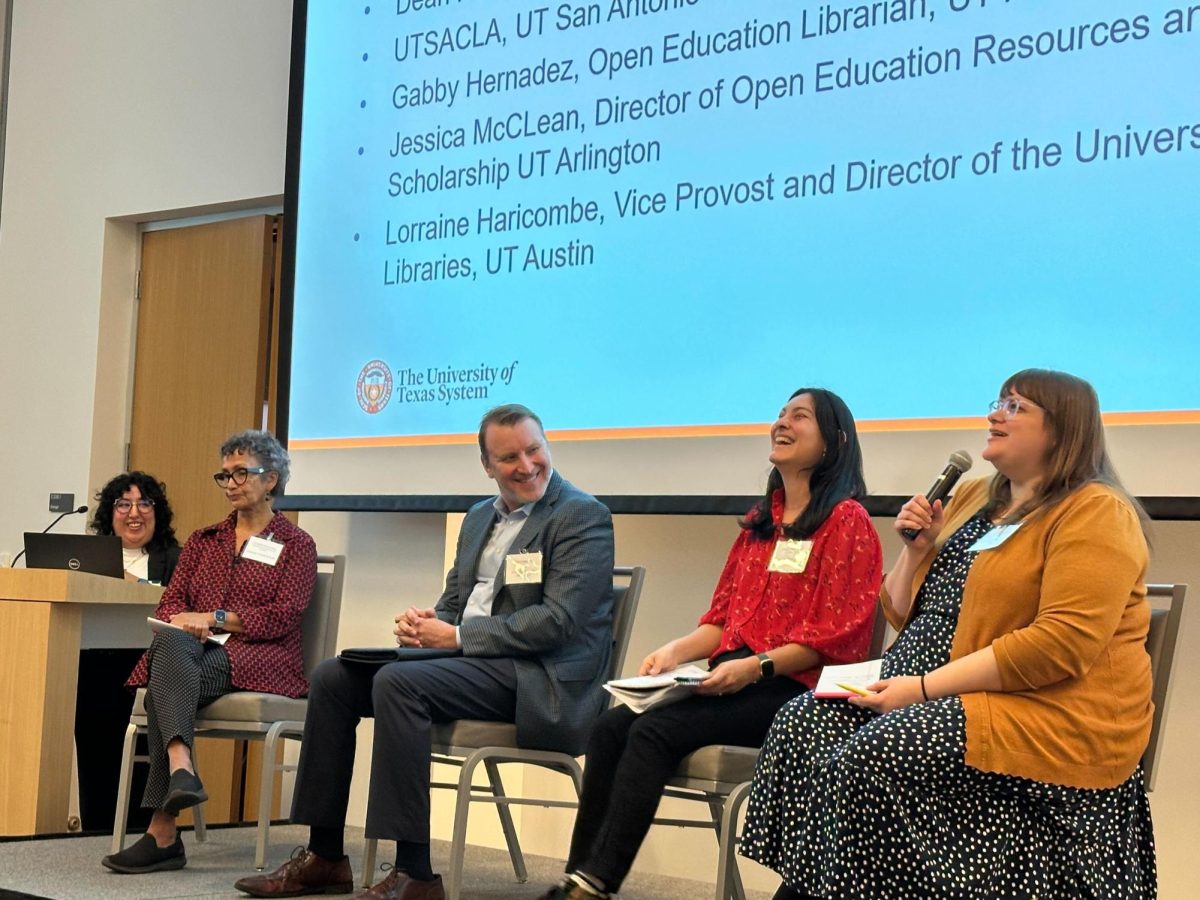Austin City Council’s College Student Commission discussed possible recommendations to improve transportation and food accessiblity near Austin college campuses Friday.
The commission brings together students from the University of Texas at Austin, Huston-Tillotson University, Austin Community College, St. Edwards University and Concordia University to discuss issues pertinent to college students. Youth Services Coordinator Dionte McClendon said this school year’s commission, sanctioned by the Austin City Council, will focus on the accessibility of Capital Metro and establishing food pantries on all campuses during their spring session.
“What we do is basically focus on how to make Austin more equitable and more college friendly,” McClendon said. “(There are) five institutions of higher learning here in the city, and we want to combat certain issues to focus on affordability, student rights and a plethora of other things.”
At the meeting, commission members discussed the need for more accessible and safe bus stops at campuses such as Huston-Tillotson and St. Edwards. While UT students can use their school ID to ride CapMetro buses for free, St. Edwards does not provide a bus pass for its students. Other colleges have outdated and uncovered stops, said UT commission representative Matthew Barron.
“One issue Huston-Tillotson University is facing (is that) they don’t have a bus stop that has a shelter on it,” McClendon said. “So when the weather is not as friendly … that can be pretty hard when you’re waiting on the bus.”
UT commission representative Wendy Rodriguez said she commutes to her classes via CapMetro and has experienced safety issues, such as lights being off when she arrives at her station late at night. She said she wants to talk to students from other colleges to understand the main issues student riders face.
“Step one is surveying students about their experiences … and what they want to see improve,” said Rodriguez, a communication and leadership junior. “Making sure that all students, regardless of campus resources that they have at their own school, are able to take part in riding the bus.”
The commission is also focusing on creating on-campus food pantries for students who cannot afford to eat enough daily and making the Supplemental Nutrition Assistance Program, or food stamps, accessible.
“We’re focusing on making sure that students, whatever background they come from, have access to food,” biochemistry senior Barron said. “(Students) make it to college in general, and they just don’t have enough enough money to have a meal every night, and honestly it’s just terrible … UT included. I was one of those students at one point.”
To combat this issue, commission members said they are creating a plan with their respective universities for a food pantry or food trucks, as well as reaching out to companies like H-E-B for funding and donated food.
“Some students, while they have money to pay their tuition or rent, they might not have enough money to actually get three whole meals in a day and have to make that sacrifice of eating once a day, which is not healthy,” Rodriguez said. “We really want to make sure students have that opportunity and don’t have to not eat to survive on campus.”

